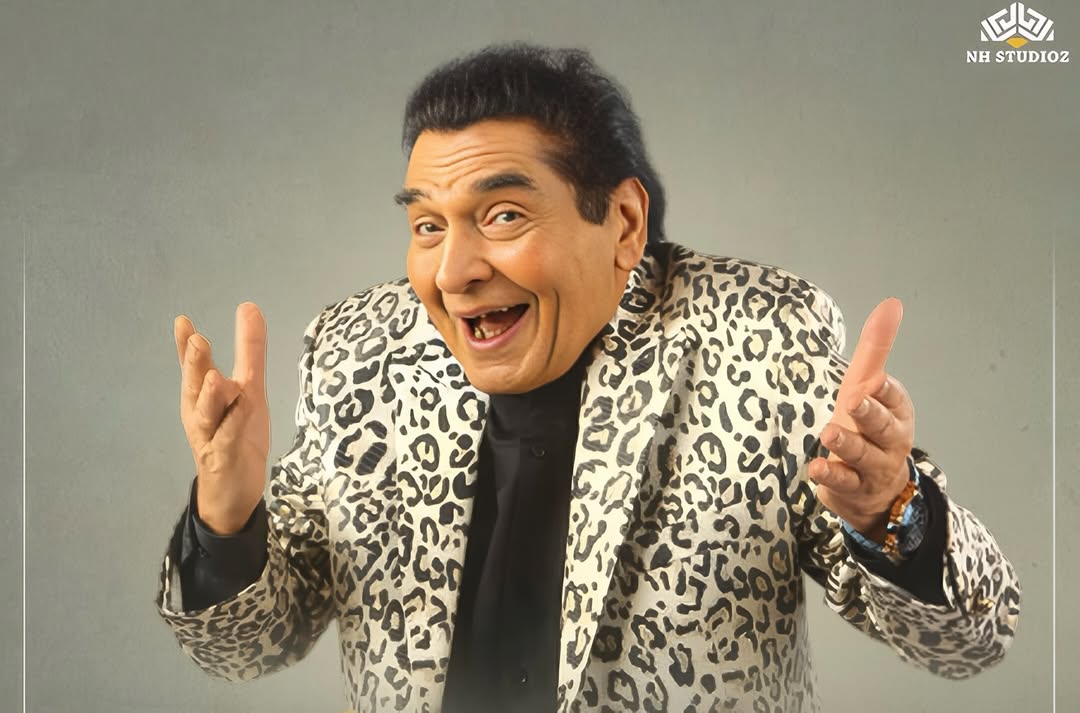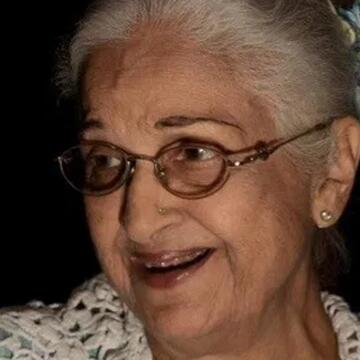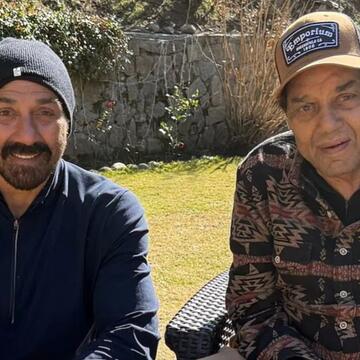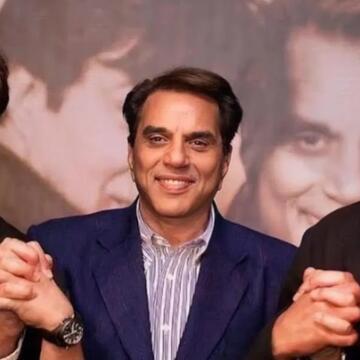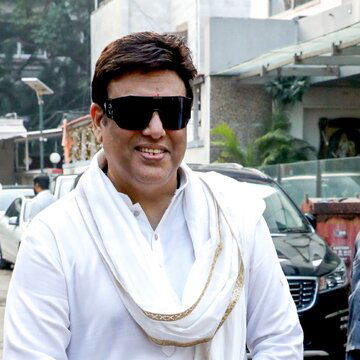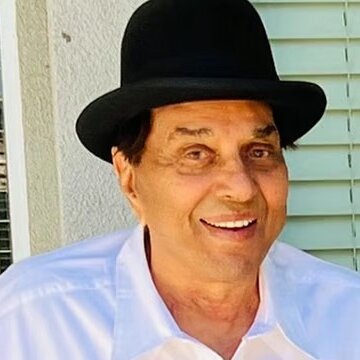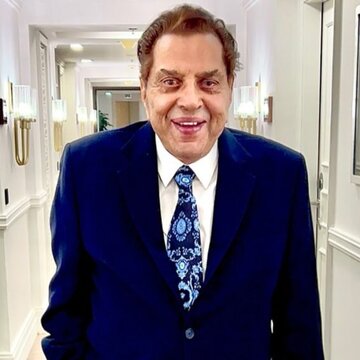Veteran actor-director Govardhan Asrani, better known as Asrani, died in Mumbai today, on Monday, after prolonged illness. He was 84 years old.
The comedy legend, who took to stardom with Mere Apne in the early 1970s and became one of the most beloved comic faces of Hindi cinema, was suffering from age-related problems.
Only hours before his death, Asrani had posted Diwali wishes on social media.
His last rites were conducted at Santacruz Crematorium in Mumbai, where only close family members were present. News agency ANI reported images from the funeral service, as condolences flooded in from all over the film industry.
Asrani’s final hours
“Asrani sahab was admitted to Bharatiya Arogya Nidhi Hospital in Juhu four days ago. From what the doctors told us, there was fluid (water) accumulation in his lungs. He died today, October 20, around 3:30 pm. The last rites have already been completed,” Asrani’s personal assistant, Babubhai, told India Today TV.
A journey of versatility and enduring legacy
Spanning over five decades and more than 350 films, Asrani’s career was a testament to both versatility and longevity. He began his rise to fame in the early 1970s with Mere Apne, establishing himself as one of Hindi cinema’s most bankable character actors. His impeccable comic timing and expressive performances made him a household name through classics like Koshish, Bawarchi, Parichay, Abhimaan, Chupke Chupke, Chhoti Si Baat, and Rafoo Chakkar.
But it was his unforgettable cameo appearance as the offbeat jail warden in Ramesh Sippy's Sholay (1975) that etched his memory in Indian popular culture.
Besides acting, Asrani also established himself as a director and writer. His 1977 film Chala Murari Hero Banne, which he wrote, directed, and acted in, received critical acclaim. He also went on to direct films like Salaam Memsaab (1979) and became successful in Gujarati films of the 1970s and 1980s.
Even in recent times, Asrani kept amusing people with appearances in comedies such as the Dhamaal series. His death closes an era of Indian cinema, and his contribution remains in the form of laughter, modesty, and immortal performances.


